What is a HSA?
A health savings account is like a personal savings account that is used to pay for healthcare expenses. The money deposited into this account is not taxed—a significant benefit of this health savings tool. The money in your HSA is controlled by you, not your employer. In order to qualify, you must be enrolled in a high-deductible health plan. Other requirements include not being enrolled in Medicare and not being claimed as a dependent on someone else’s tax return.
Benefits of HSAs
How does a HSA work?
The funds are not available only to you, though. You can use the money in your HSA to pay for medical expenses incurred by your spouse or other family members as well.
At the end of each year, the unspent money in your HSA will roll over to the next year. In this way, the account continues to grow (tax-free!).
Until age 65, you can only use the funds in your HSA for medical expenses. If they are used for other expenses, they will incur a penalty. Once you reach the age of 65, though, there is no longer a penalty for withdrawing funds for non-medical expenses. However, income tax will be owed on the money you withdraw. As long as you keep the funds in the account to use for healthcare expenses, they will remain tax-free.
Is having a HSA worth it?
As we mentioned previously, a HSA is the only account for which you never have to pay taxes. In addition, you will almost certainly incur medical expenses throughout life. Therefore, if you have a HDHP and meet the other qualifications, we would certainly say that having a HSA is well worth it!
Is a HSA good preparation for retirement?
Downsides of HSAs
Withdrawing funds for non-medical expenses before age 65 is something you will most likely want to avoid. This not only incurs income taxes, but also a 20% penalty.
Another point to keep in mind is that you should use the money in your HSA when needed rather than saving it. Passing it on to a non-spouse beneficiary is not a good idea, as the entire value is taxable in the year in which it is inherited. Do not save your HSA money for your beneficiaries. There are much better investment options for your loved ones.
Should I have a HSA?
Preparing for your financial future
Do you have questions about preparing for your financial future? Milestone Wealth Management is here to help. We want you to have a well-rounded plan for your retirement years. Contact us today and let’s talk!
Have more questions about healthcare? Check out our previous post, Answering Your Health Insurance Questions.
This material is not intended to replace the advice of a qualified tax advisor, attorney, or accountant. Consultation with the appropriate professional should be done before any financial commitments regarding the issues related to the situations above are made.

